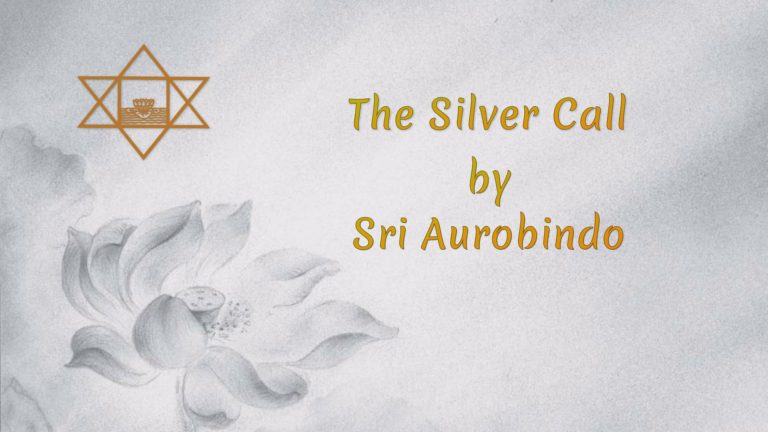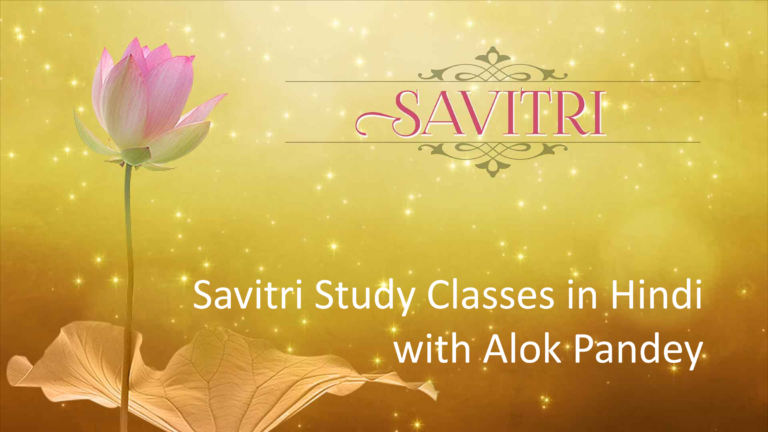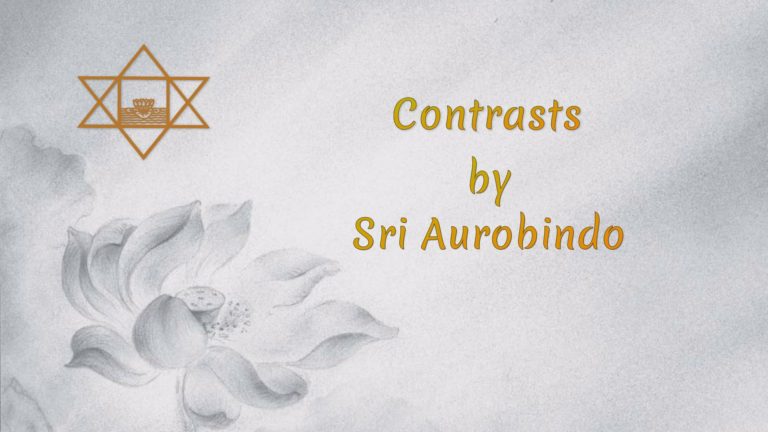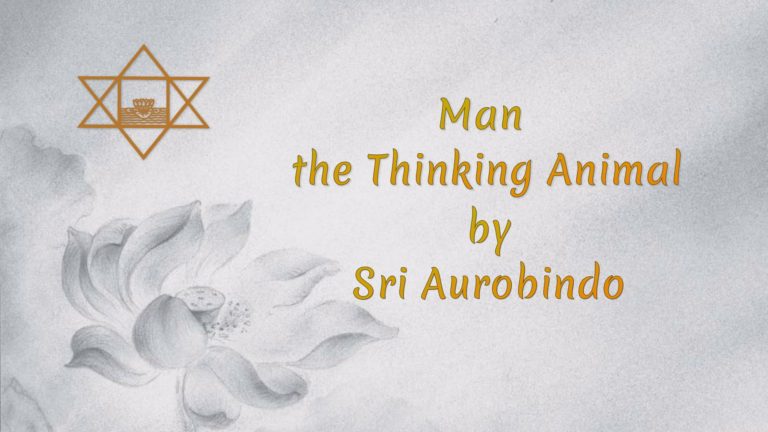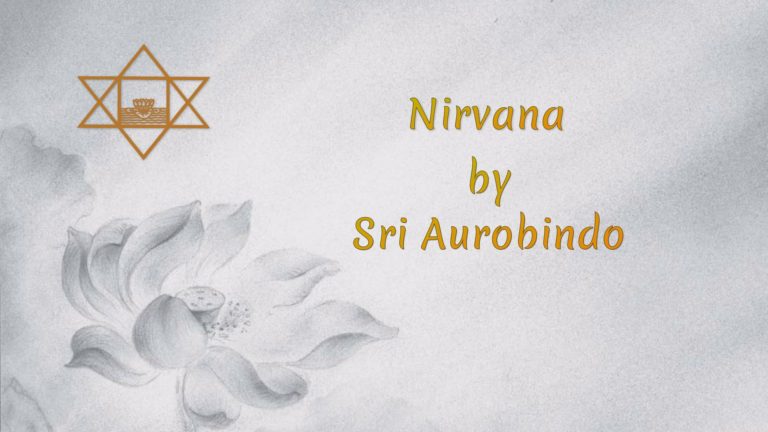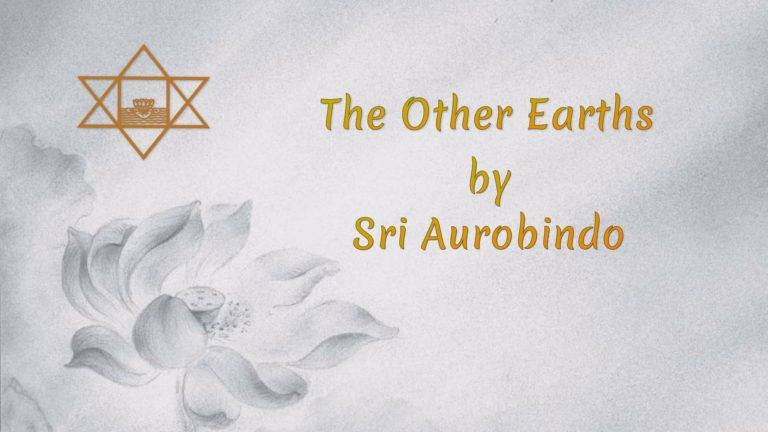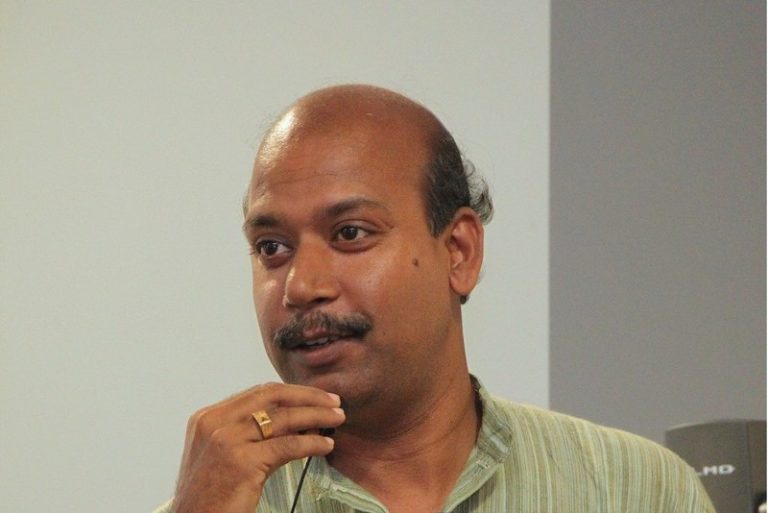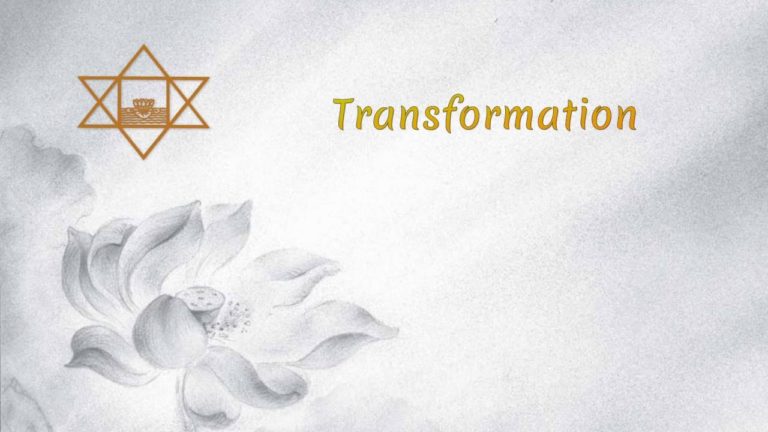video
The Silver Call. Written on or before 25 April 1934 (when Sri Aurobindo quoted five lines in a letter to Dilip Kumar Roy); revised 1944. Five handwritten manuscripts and one typed manuscript; the first handwritten manuscript was written shortly after those of the two preceding sonnets. The original poem went through several versions, eventually becoming two, “The Silver Call” and “The Call of the Impossible”.

